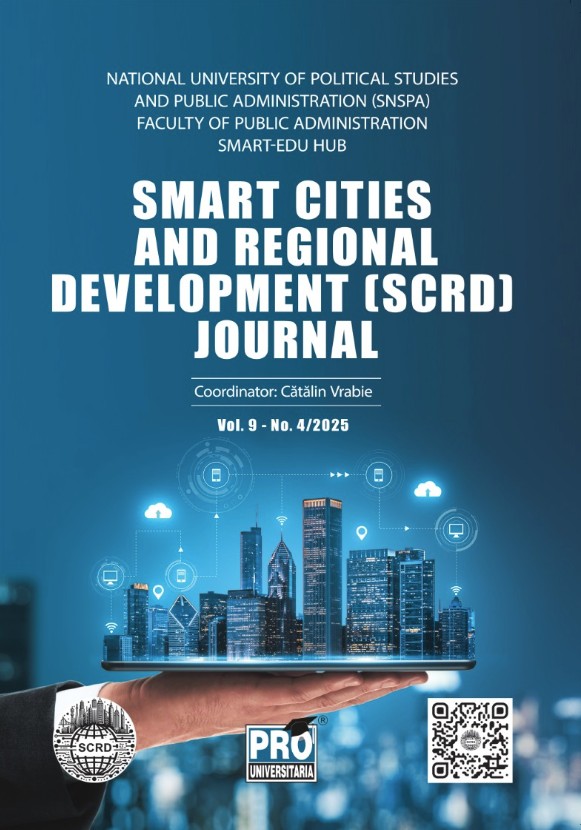Adaptation of smart city model(s) in rural environment
DOI:
https://doi.org/10.25019/0kpx8g86Keywords:
smart villages, disadvantageous area, rural developmentAbstract
Although the literature of smart cities is very rich and broad, the possibility and usefulness of the application of information and communication technologies in rural areas and villages is barely researched area. The objective of our paper is to sum up the main findings of smart city approach and give a review of the notion, measurement and pitfalls of it. We would like to present how the original smart city approach has to be changed to rural communities, and what can we learn from earlier researches to avoid the so-called “ICT-hype” and focus on the problems that villages face in the first place. In the second part we will review what smart villages, smart rural development are, and how the thinking on the effects of ICT on spatiality and the role of distance has changed in the previous decades. Finally, we will present the findings of a smart rural research in Hungary. We used online surveys among mayors and notaries and semi-structured interviews in selected settlements as a methodology for research. The main value of the paper is that it is addressing what smartness means in a disadvantaged rural area. Our final conclusion is that it is possible to create smart communities in smaller territorial scales, but we also think that in this context the term ‘smart’ does not need to imply high-tech projects, or the projects that concentrate on innovative, infrastructural developments, or the project that addresses only the needs specific to advanced rural areas. Smart village is an approach to rural development where central role is played by the local community and its actions. Local governments that meet the basic needs of the local community and consider the needs of various stakeholders not only fulfil their mandated mission but also build trust and help release the creative potential of the local community.
Downloads
Published
Issue
Section
License
Copyright (c) 2025 Boglárka BARSI

This work is licensed under a Creative Commons Attribution-NonCommercial-NoDerivatives 4.0 International License.


